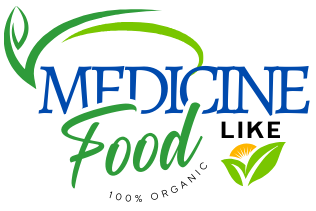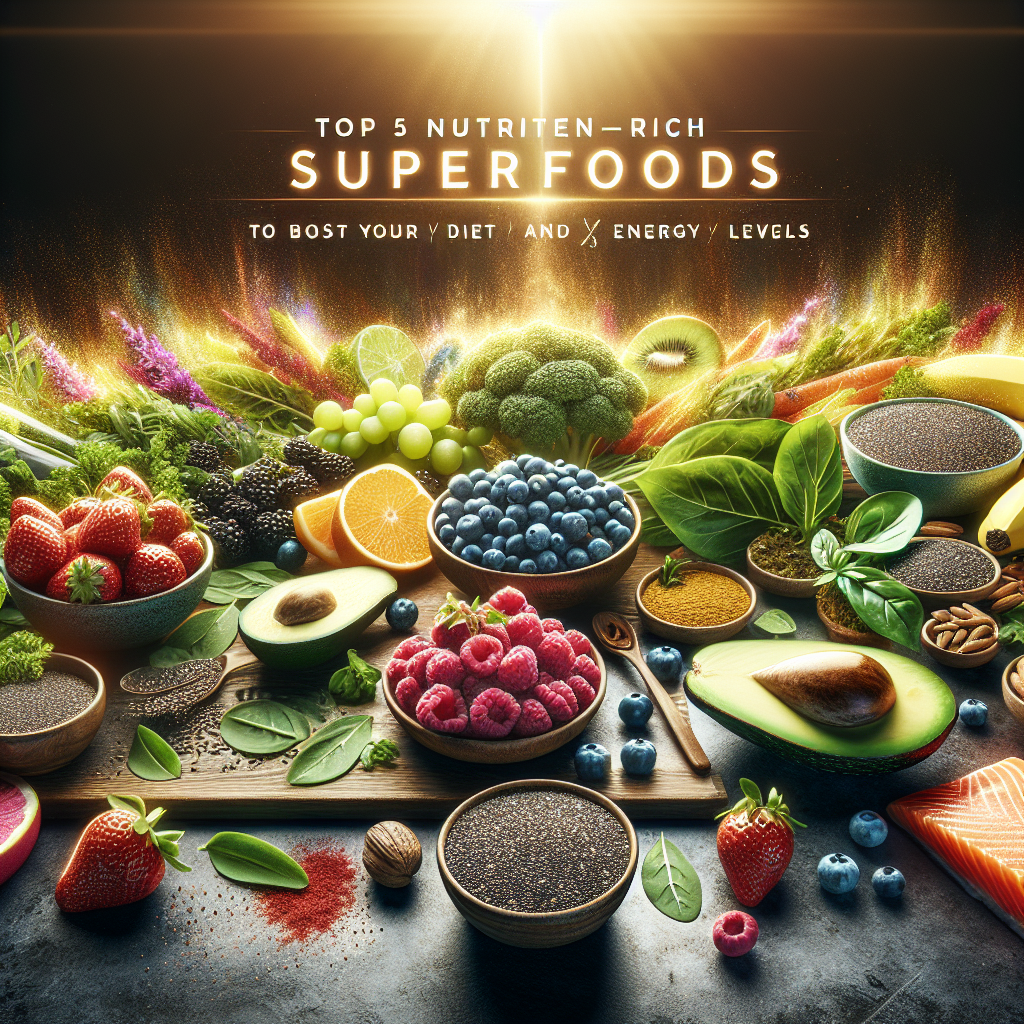# The Health Benefits of Eating Fresh Organic Food: A Deep Dive
## Introduction
Lately, lots of people are paying more attention to healthy eating, and organic food is becoming a big deal. More and more folks are interested in living a healthy and eco-friendly life, so they want fresh organic produce. But what exactly is organic food, and how is it good for us? Let’s dive into why fresh organic food is great.
## What is Organic Food?
Organic food is grown in a way that’s good for the planet and all living things. It uses natural fertilizers, crop rotation, and natural pest control to keep the environment balanced. Organic foods have to pass strict rules set by the government for how they are grown, handled, and processed.
Some people think “organic” and “natural” mean the same thing, but they’re not. Natural items might not follow all the organic farming rules or be free of artificial additives. Regular foods often use synthetic pesticides, herbicides, and GMOs (Genetically Modified Organisms).
## The Nutritional Benefits of Fresh Organic Food
### Higher Nutrient Content
– **More Antioxidants:** Organic fruits and veggies usually have more antioxidants. These help fight stress in our bodies and might lower the chance of getting certain diseases.
– **More Vitamins and Minerals:** Because they’re not processed as much as regular foods, organic foods keep more of their important vitamins and minerals.
– **Better at Keeping Nutrients:** With less processing, organic foods hold onto their nutrients better, making them a healthy choice.
### Less Exposure to Pesticides
– **Fewer Synthetic Pesticide Residues:** Organic farming doesn’t use man-made pesticides, so there’s less risk of these chemicals in the food we eat.
– **Comparing Organic and Regular Foods:** Research shows organic foods have way fewer pesticide residues than regular ones.
### No GMOs
– **GMO-Free:** When you buy organic, you know it doesn’t have GMOs. Many people worry about GMOs and their effects on health, so this is important.
## Environmental Benefits of Organic Food
### Sustainable Farming Practices
– **Saving Water and Soil:** Things like planting cover crops and rotating crops help keep soil healthy and save water.
– **Using Natural Stuff:** Organic farms use compost and natural materials for fertilizers, which is good for the earth.
### Keeping Nature Diverse
– **Helping Different Species:** Organic farm practices encourage a variety of plants and animals.
– **Protecting Wildlife:** By not using harsh chemicals, organic farmers help keep habitats safe for wildlife.
### Lowering Environmental Impact
– **Fewer Harmful Emissions:** Organic farming doesn’t put out as many greenhouse gases because it uses energy wisely.
– **Less Transportation:** Buying from local organic farms cuts down on food travel distances, which helps the environment.
## How Eating Organic Food Affects Your Health
### Improved Heart Health
– Eating organic has been linked with better heart health. It can help with cholesterol and blood pressure.
### Stronger Immune System
– The antioxidants in organic foods strengthen the immune system, helping us stay healthy.
### Lower Risk of Serious Diseases
– There are links between eating organic and a lower risk of problems like diabetes, cancer, and obesity.
## Feel-Good Benefits
### Peace of Mind
– Eating organic makes people feel good knowing they’re not eating harmful chemicals.
### Conscious Eating
– Organic food helps people connect with their food and appreciate sustainable practices, leading to better eating habits.
### Better Eating Habits
– Choosing organic encourages eating a diet rich in nutrients and free from bad additives.
## Economic and Social Considerations
### Costs
– Organic food can cost more at first, but it might save money in the long run by cutting healthcare costs.
### Supporting the Community
– Buying organic supports local farms and creates more jobs in eco-friendly agriculture.
## How to Bring Fresh Organic Food Into Your Diet
1. Start with one organic meal a day.
2. Buy organic produce from the Dirty Dozen list.
3. Shop at local farmers’ markets.
4. Join a CSA program.
5. Grow your own organic veggies.
6. Read labels to learn about organic certifications.
7. Cook at home more often.
8. Try organic substitutes like organic milk or bread.
9. Learn what organic produce is in season.
By following these steps, adding fresh organic foods to your daily routine becomes easy and rewarding. You’ll be helping your health, the environment, and your community. Here’s to a healthier and greener tomorrow!










